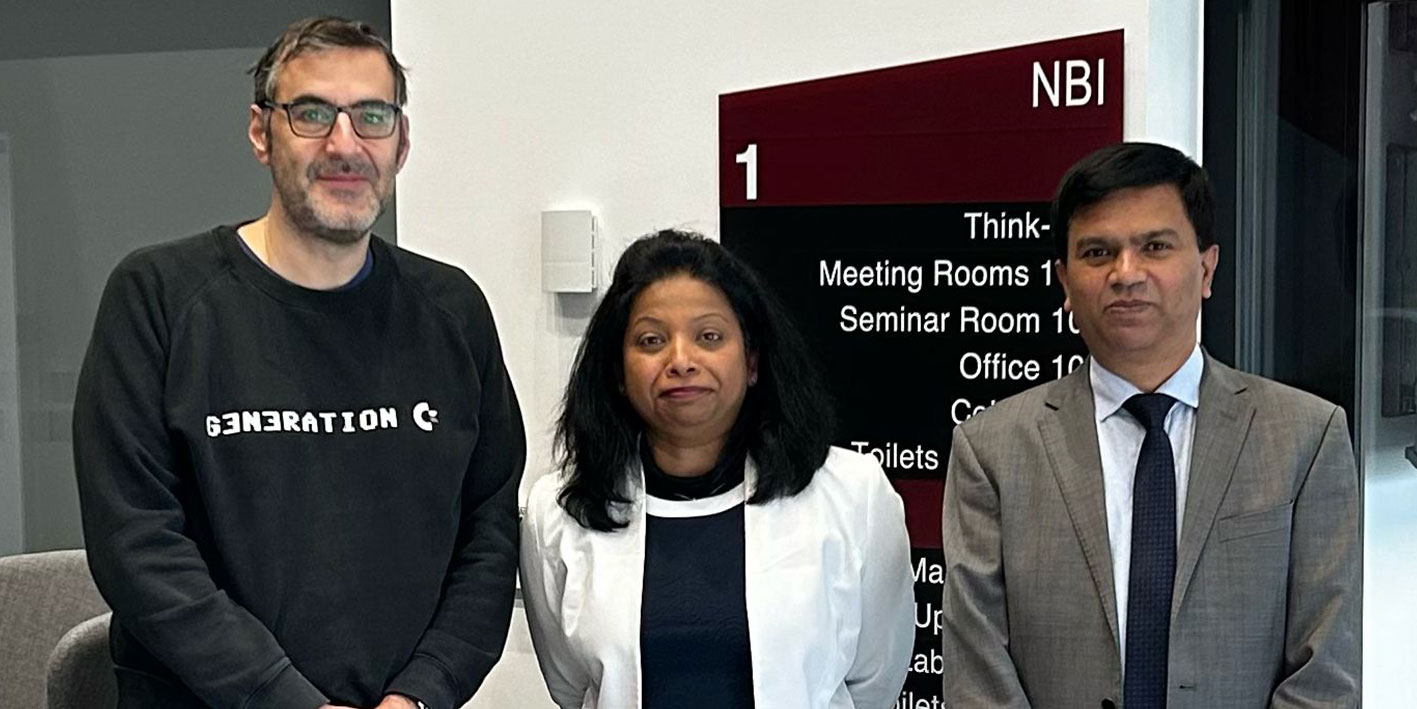
Carillion: Taxpayer is left to pay the bill for failure
Mike Haynes, Professor of International Political Economy

Seeing the collapse of Carillion is a bit like watching a very big brick being pulled out of a Jenga tower – you never really know how much will collapse until it happens.
Carillion is enormous. Its list of its subsidiaries and joint ventures covers three double columned pages in its last annual report.
And it is not just in the UK – Carillion has subsidiaries in a dozen or so countries and global contracts.
Its sub contractor chains seem almost endless. Company A supplies Carillion. Company B supplies company A and so it goes on all down the line as one owes money to the other.
Big companies have been notorious for squeezing suppliers by delaying payments. Carillion has been four months in arrears in some cases.
That's a third of your year's revenue for their contractors. So do they now throw more good money after bad?
Symbolic Statement
Would you sell Carillion fuel for their vans? What about ingredients for the school dinners it supplies? Would you even deliver another mop head to a Carillion cleaner in a hospital?
And that is to say nothing of the Carillion workers, including those in the Black Country.
The Carillion building in Wolverhampton may not be the prettiest but it employs a lot of staff and it is a symbolic statement that the company mattered locally.
Then there are the Carillion pensioners. The more secure know that the value of their pensions fell by 10 per cent immediately. The others are wondering what they will be left with. Thank goodness that there is a Pension Protection Fund.
Of course much of the business of Carillion will have to go on. Roads need to be built, rails maintained, school dinners cooked and hospitals cleaned.
Carillion came to be more and more about public sector infrastructure and outsourcing.
I checked Carillion's presentations to its investors before writing this and was struck by the extent to which they focused on Carillion's ability to get public sector contacts.
Bail out
Come what may, they seemed to be saying, if the Government gives us the money you will win because we will pass some of it on to you.
This has been sold on the basis that private is efficient. But public-private deals are certainly not efficient when they fail. Nor are they based on real competition.
Only a small number of companies are ever involved. The big construction ones, the big outsourcing ones, hybrid entities like Carillion, the same accountancy companies with an incestuous finger in every pie as they ride a merry go round of advising, auditing the books and earning fat fees from winding up the failures.
And then when a huge company fails the market becomes even more concentrated.
Privatisation is supposed to shift things off the state books, but the bigger the project and the bigger the company the more chance it will have of being bailed out by the Government.
After the banks, we all know that some things are 'too good to fail'. This makes privatisation a one way bet. If it works, the private sector gains, if it fails the public sector picks up the bill.
We are told that investors act to discipline excesses. But they don't. They are guessing about where the future profits will be. They love a company that is expanding and paying dividends whatever its underlying health.
As long as Carillion could draw on the state, people believed it could not fail.
But the debt piled up and in the end there was not enough money in the tills to pay the bills. It's an old, old saying in business, that whatever your turnover or your profit it is cash that is the reality, cash that is king.
The savvy investors were those who saw it coming and have been betting on Carillion's fall for the last couple of years. It's called shorting.
You sell shares hoping to buy them back more cheaply when the price falls and pocket the difference. It's been going on for months now.
And then the vulture businesses come in to feed off the pieces. There is always someone who can gain.
At the bottom in the old days it used to be the pawn ships. Today it's a bit more upmarket.
I never pass a Cash Generator or a Cash Converter without looking to see what tools are being sold off second-hand. I reckon it's a sign of things getting better or worse. I fear they may be doing more business.
Read more at the Express & Star.
For more information please contact the Corporate Communications Team.


/prod01/wlvacuk/media/departments/digital-content-and-communications/images-2024/240328-Varsity-Line-Up-Resized.jpg)
/prod01/wlvacuk/media/departments/digital-content-and-communications/images-18-19/220325-Engineers_teach_thumbail.jpg)
/prod01/wlvacuk/media/departments/digital-content-and-communications/images-2024/240404-Digital-Humanities-Training-Resized.jpg)
/prod01/wlvacuk/media/departments/digital-content-and-communications/images-2024/240320-Uzbekistan-Resized.jpg)
/prod01/wlvacuk/media/departments/digital-content-and-communications/images-2024/240229-The-Link-Resized.jpg)
/prod01/wlvacuk/media/departments/digital-content-and-communications/images-2024/240404-Pharmacy-Students-Resized.jpg)

